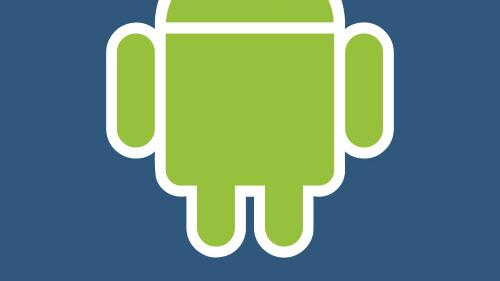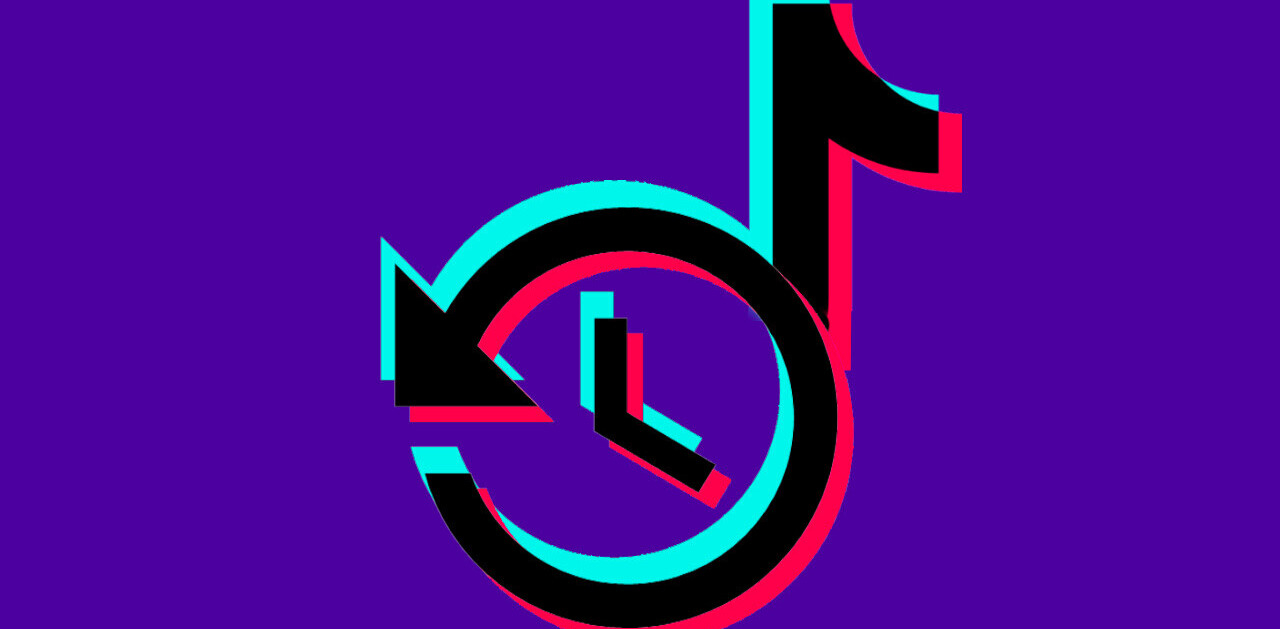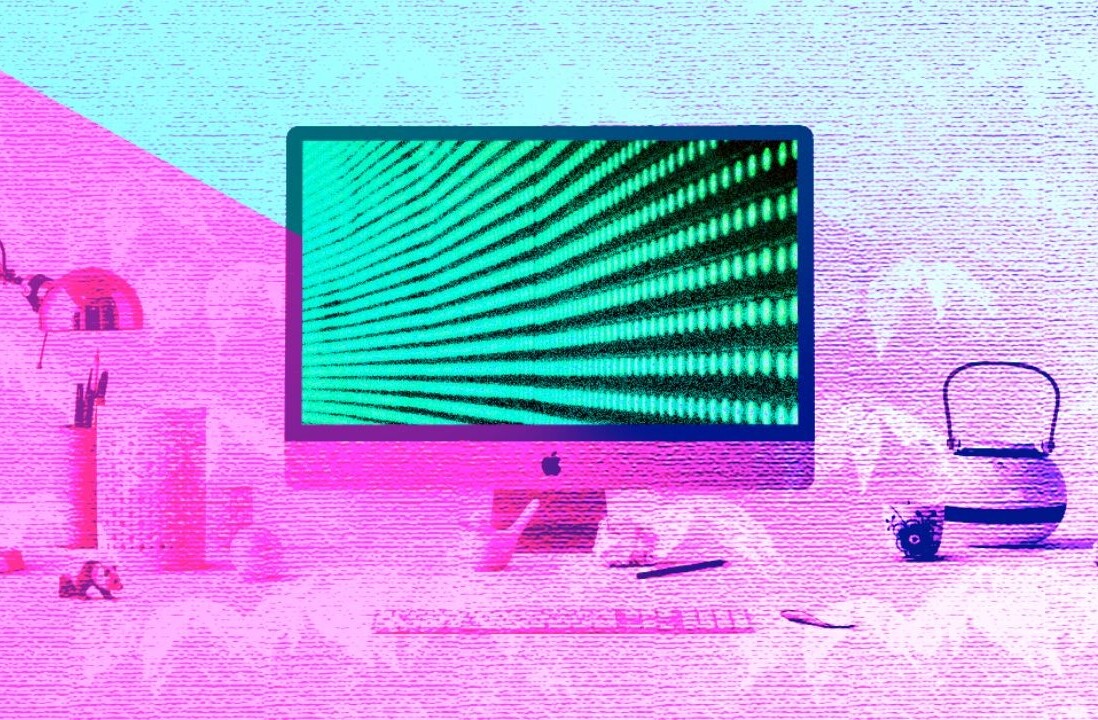
 For both users and developers the Android app store is the cream of the crop. For the last two years as I sat out my iPhone contract I have watched Android do things the way they should be done.
For both users and developers the Android app store is the cream of the crop. For the last two years as I sat out my iPhone contract I have watched Android do things the way they should be done.
Google is on the dead-right path with its app store, much more so than Apple. Sure, the Apple app store may have more total applications, over a hundred thousand against fifty thousand in the Android Market, but what goes into those applications? Is more better?
Not really, as it turns out. Today we take a look at five of the best reasons why the Android application market blows the iPhone’s out of the water. Application quality and quantity have long been major selling points for Apple in their “there’s an app for that” commercials. How honest is the praise of their devices as the simplest place to find the best applications?
Refunds
If you buy an application from the Android Market (their application store), you can return it in 24 hours if you don’t like it for a full refund. With Android you can download a five dollar application, play with it, and then if it is really only worth three dollars, send it back.
It’s like being at a restaurant where you can order an entrée, take a bite, and send it back with no questions asked.
Among developers for Apple’s store there has been complaint over a general price race to the bottom. The lack of refunds can explain at least part of this. As the price of an application rises, so does the risk of buying it without testing it. The ability to test for free fixes this problem. For both developers and users, refunds are a good thing to have. One point to Android.
 Porn
Porn
“Folks who want porn can buy an Android phone” says Apple boss Steve Jobs. Well, alright then. Pornography is a taboo subject in our society, but that hardly means that it is not popular.
By closing out all the pornographers, Apple is leaving a bucket of money on the table. Even more, porn has long driven digital innovation. By banning it on their mobile devices (except in Safari, of course), Apple is setting themselves back several notches both now, and when they lose the marketing force of the porn masters.
You don’t have to like, or even watch pornography to appreciate this point. A good number of people do, and are not being well served by Apple. Porn on the go? Take another point, Android.
Zero Guilt Downloads
That Apple is not very kind to their developers is common knowledge, which leads to moral quandary. If you buy applications from Apple’ store, you are signing off on their policies that abuse developers.
Does that sound melodramatic? Apple only gets away with their TOS shenanigans by being the biggest fish in the pond. If you shrink the fish, you shrink their influence and relative size. After watching any number of my friends who are developers get yanked around by Apple, I can’t download applications now without a small twinge of guilt.
Android and Google do not take advantage of developers. Don’t believe me? Go read the Android Market TOS, and see for yourself. Sure, Apple has a lot of applications, but once you get past the fart applications, the people who build them are being treated unfairly. Your call, but another point for Android in my books.
The Future, Several Important Upgrades
Not only does Android have some serious advantages right now, but coming soon in the next version of Android are more goodies that will make the platform’s applications even better.
First on the list is the (rumored) arrival of Apps2SD. In short, load up your SD cards with as many applications as you want, and swap the card out for others. You can then have an unlimited catalog of applications for your phone. Of course, Apple products do not have removable storage, so this is not even an option with a software upgrade.
microSD cards are dirt cheap.You can pick up a 16 gigabyte card for $30 just about anywhere. iPhones cap out at 32 gigabytes, and the 16 gigabyte jump to the highest capacity phone will cost you $100. With dead cheap expandable storage, the Android store become an all you can eat buffet, where you never get full. Your iPhone applications have to compete with music just for storage space, meaning that you can have far fewer total applications. You can grab three 16 gigabyte microSD cards for $90 and stack on nearly 50 gigabytes before lunch if you use Android. One more point, Android. That makes four.
And finally in the next Android release will be Flash 10.1 support and the activation of FM tuners in phones that have them. This of course frees up even more bells and whistles for developers to use. Once Android 2.2 hits, it’s going to unlock a whole new slew of development. Apple on the other hand just banned all third-party compiling and told Flash to jump off a bridge. Take a last point Android, you win.
Get the TNW newsletter
Get the most important tech news in your inbox each week.
 Porn
Porn



